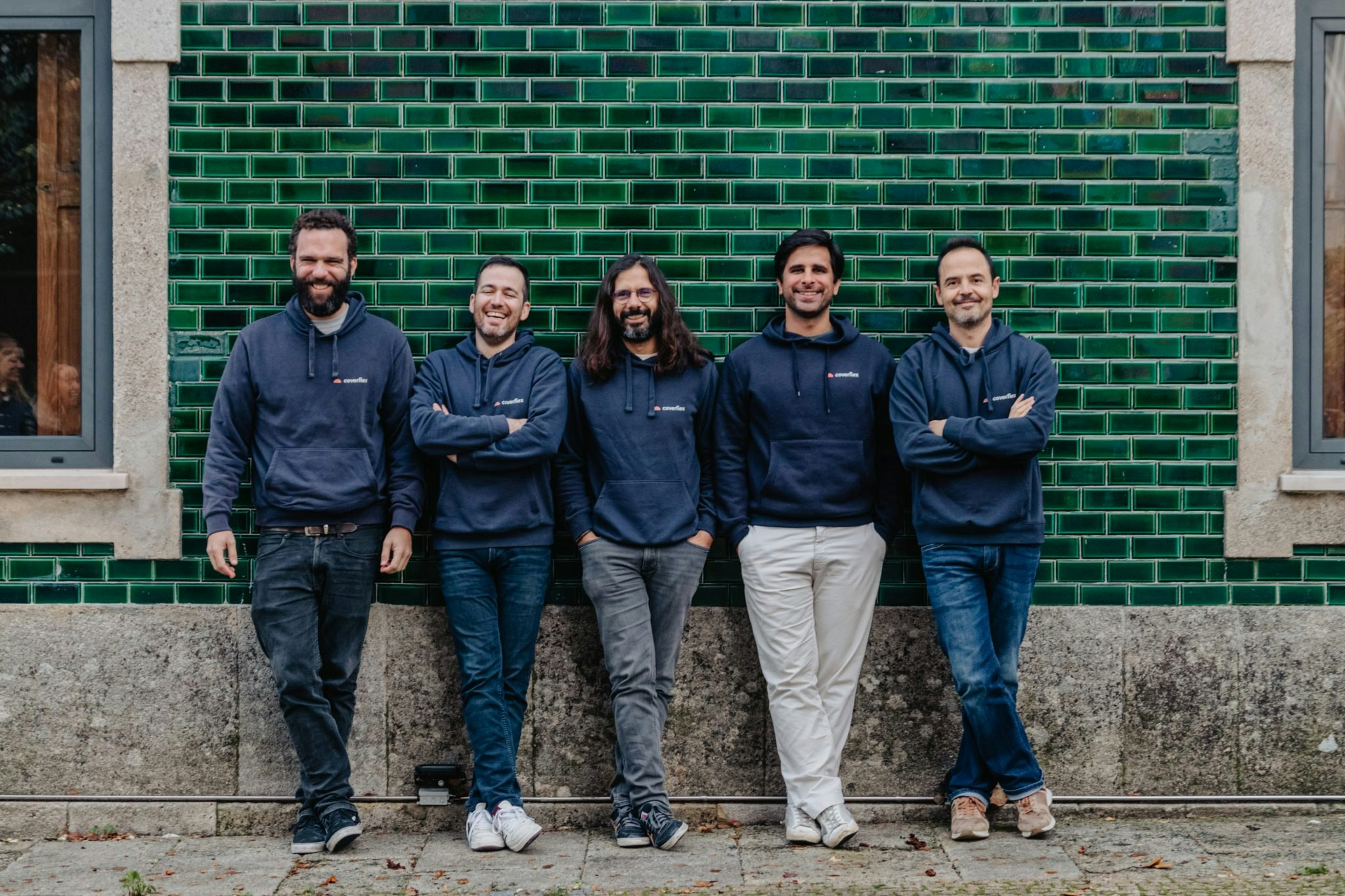Startup Forever: How to Build a Startup Culture in a Big Company
By Sahar Hashemi
Troubador Publishing, 144 pages, £10.99
So many business books are as tedious as they are thick. Thankfully, Sahar Hashemi’s latest is short, snackable and filled with common sense.
As cofounder of coffee chain Coffee Republic and confectionery brand Skinny Candy, Hashemi knows all about launching and scaling startups. But here she writes about how big business (or BB as she calls it) can learn lessons from startup culture.
Sifted looks at her top 10 tips for stimulating an entrepreneurial mindset in the corporate world:
1) Be the customer
Jeff Bezos, Amazon’s boss, put this best: “We start with customer needs and work backwards.” Forget about depersonalised data and anonymised market research reports. Innovation is simply finding a solution to a customer problem. It helps if you are that original customer. Coffee Republic started from Hashemi’s desire to be served at a New York-style coffee bar in the UK. She quotes Paul Graham, a prominent US venture capitalist, as saying: “It sounds obvious to say but you should only work on problems that exist. And yet by far the most common mistake startups make is to solve problems no-one has.”
2) Get out the office and talk to customers
Empathy is the magic of enterprise, writes Hashemi. Japanese carmaker Toyota has a maxim of genchi gembutsu: “Go and see for yourself.” At Coffee Republic, Hashemi assigned all new employees to a “pet store” which they would visit every day as a genuine customer. They were often the first to pick up on problems with queue management or poorly prepared cappuccinos. Once outside the office bubble, entrepreneurs are exposed to more creative stimuli.
3) Attack bureaucracy
BB loves nothing more than bureaucracy. As Jack Welch, the legendary boss of industrial conglomerate GE said: “A hierarchy is an organisation with its face towards the CEO and its ass to the customer.” No matter how busy, schedule up to two hours of “free” time each day, writes Hashemi. Skip unnecessary meetings. Keep teams small. Amazon has a “two pizza rule”: a team’s size should be no bigger than that which can be fed by two pizzas.
4) Don’t let expertise blind you
Startup entrepreneurs have an advantage over corporate executives because they are often clueless about the businesses they start, writes Hashemi. They have no obsolete preconceptions about what does — and doesn’t — work. When Steve Jobs was fired as Apple boss he talked about the “heaviness of success” being replaced by the “lightness of being a beginner again”. Purge the culture of ‘Yes, but…’ and replace it with ‘Yes, and…’. Hire employees for enthusiasm, empathy and curiosity rather than for experience. Favour will rather than skill.
5) Don’t suffocate curiosity
Children ask about 73 questions a day (as any long-suffering parent will know). But this child-like curiosity is a very powerful stimulus for creativity, writes Hashemi. BB tends to stifle such curiosity, but innovation cannot happen without vulnerability. Some companies have adopted the so-called HMW technique — ‘How might we...?’ As Tim Brown, chief executive of design and consulting firm IDEO, puts it: “The ‘How’ part assumes there are answers out there — it provides creative confidence. ‘Might’ says we can put ideas out there that might work or might not — either way, it’s OK. And the ‘We’ part says we’re going to do it together and build on each other’s ideas.”
6) Act on small everyday ideas
Ideas are only 0.01% of entrepreneurship, according to Hashemi. Ideas are worthless without execution. Persistence and experimentation are key. James Dyson famously produced 5,217 prototypes of his bagless vacuum cleaner before coming up with one he was happy with. The process took him 18 years. “Acting on unproven, half-baked ideas is perhaps the most powerful thing that entrepreneurs do when it comes to innovation,” Hashemi writes.
7) Don’t let perfectionism slow you down
Startups often move faster than BB because they have fewer resources, writes Hashemi. Bootstrapping a startup is a great way of learning to do more with less. Resources often have an adverse effect on innovation. As Anita Roddick, the founder of cosmetics company The Body Shop, said: “If I’d had shed loads of money, I’d have done everything wrong.” Or, as Google puts it, “scarcity leads to clarity”. Like many entrepreneurs, Hashemi claims her own motto is: “Anything worth doing is worth doing badly.”
8) Encourage failure
Fear inhibits action. People often confuse entrepreneurial risk-taking with gambling, writes Hashemi. But that’s a huge misnomer. Startups often derisk the innovation process because they can experiment in a permissive environment and reduce the costs of failure. Overcoming fear is about taking small steps rather than embarking on some dramatic transformation. As Goethe said: “Whatever you can do or dream, begin it.”
9) Don’t think of No as a stop sign
Most great ideas are derided before they are accepted. Most bank managers told Hashemi that it was ludicrous to bring coffee bars to a tea-drinking nation. By 2020 there will be 20,000 such bars in the UK. Howard Schultz, the Starbucks founder, racked up 276 rejections from bank managers for his idea of opening an Italian-style coffee shop in Seattle. Just imagine the persistence necessary to knock on the 277th door. Nos are all too common in BB. Animation film studio Pixar has a technique called “plussing”: you may only criticise an idea if you add a constructive suggestion.
10) Create a more human work culture
The people you most want to employ are those that want to be themselves at work, writes Hashemi. Diversity and inclusion are not politically correct buzzwords any more but strategic imperatives. A human work culture needs trust, purpose, and alignment. Netflix gives employees unlimited vacation time and allows them to claim expenses without approval from their managers. But it holds its managers to very high standards of performance. Employees do their best work when they feel trusted and empowered to be themselves and make a difference.


